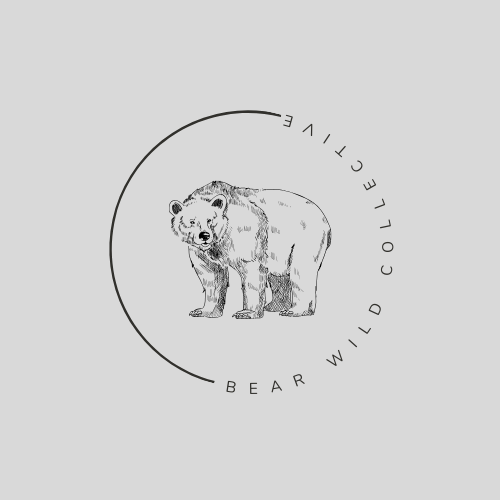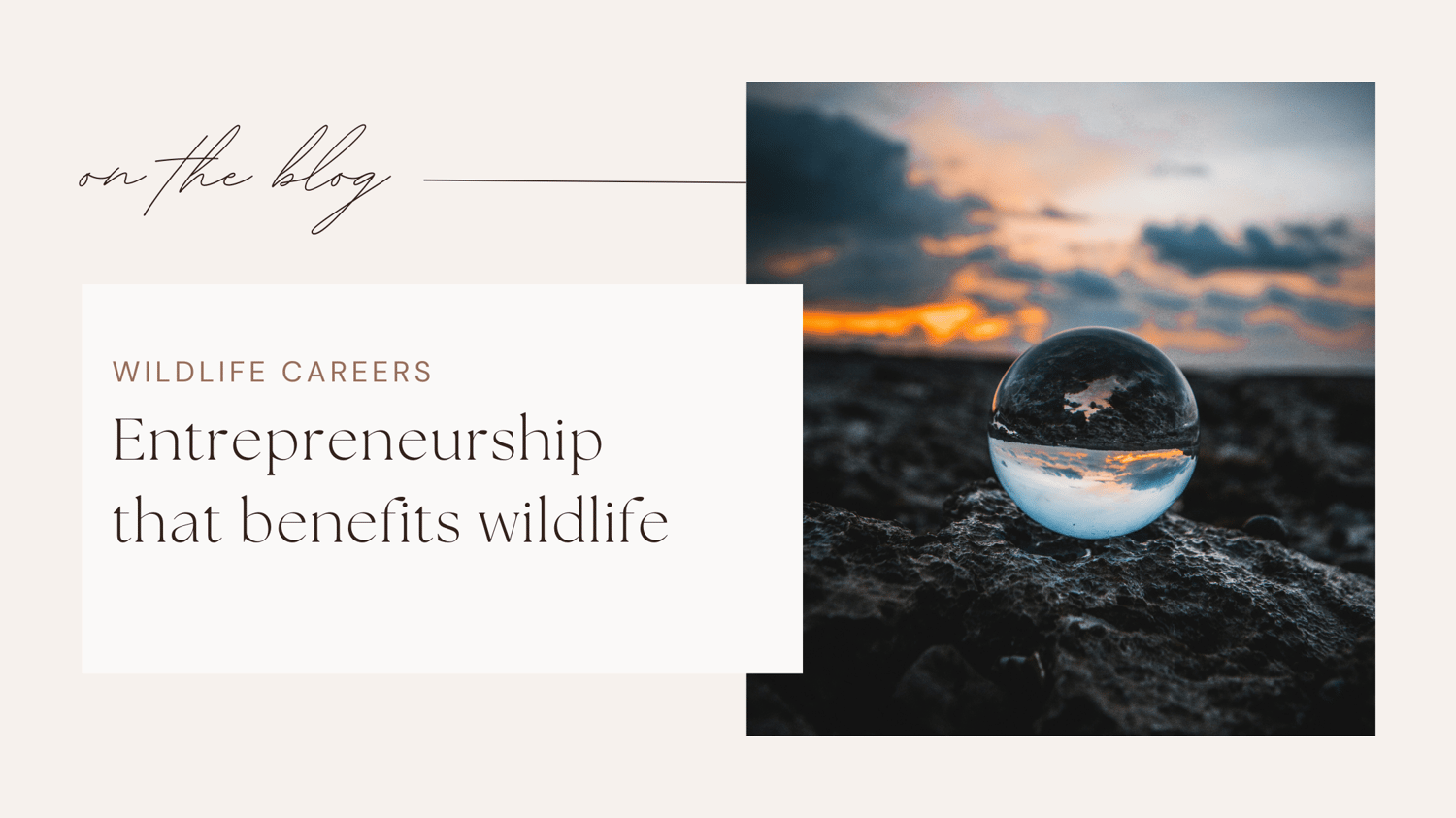In a world where environmental challenges grow every day, innovative entrepreneurs are finding new ways to support conservation efforts, raise awareness, and protect endangered species. The world of wildlife entrepreneurship can be a powerful tool for wildlife conservation, offering opportunities for individuals passionate about animals, ecosystems, and sustainability to make a significant impact.
Here’s a look at how entrepreneurship is benefiting wildlife and the entrepreneurial wildlife careers that are emerging in this field.
For more info about the huge range of skills and organisations across the wildlife sector see our Wildlife Career Accelerator and Wildlife Work Directory.
Sustainable Business Models for Conservation
Entrepreneurial efforts that directly benefit wildlife often revolve around creating sustainable business models. For instance, eco-tourism companies, wildlife-focused apparel brands, and sustainable product manufacturers are redefining industries with environmentally responsible practices. These businesses don’t just profit—they also contribute to habitat preservation, species protection, and environmental education.
For example, eco-tourism entrepreneurs are developing experiences that not only provide a unique way for people to connect with wildlife but also fund conservation programs. Wildlife safaris, whale-watching tours, or jungle treks can generate significant revenue for local conservation initiatives, creating a win-win situation for both business owners and wildlife.
Similarly, ethical fashion brands are increasingly focusing on products that benefit wildlife. Companies selling items made from recycled materials or promoting wildlife conservation through their branding raise funds for initiatives such as anti-poaching efforts or habitat restoration projects. Entrepreneurs can leverage their businesses to raise awareness about wildlife issues and inspire sustainable consumer behavior. A great example of this is Elizabeth Scarlett, who give a portion of the profits from every accessory sold to wildlife causes.
Entrepreneurial Wildlife Careers
The rise of conservation entrepreneurship is creating new career opportunities for individuals passionate about both business and wildlife. Some of the roles in this growing field include:
Conservation Consultant
Conservation consultants help businesses, governments, and non-profits create strategies that balance economic growth with environmental responsibility. They may work on projects that promote sustainable practices, advise on biodiversity issues, or develop strategies to protect endangered species. This career blends business acumen with knowledge of environmental science.
Eco-Innovator
Eco-innovators are entrepreneurs who focus on creating new technologies or processes that help reduce the human impact on the environment. For example, creating more sustainable packaging solutions, designing tools to monitor wildlife populations, or developing innovative ways to combat illegal wildlife trade are some ways eco-innovators can contribute to wildlife protection.
Nonprofit Founder
Nonprofit organisations focused on wildlife conservation often require strong leadership to fundraise, engage with communities, and execute impactful programs. Founding a nonprofit focused on a specific species or ecosystem allows entrepreneurs to create systemic change while also building a network of supporters. Charity Entrepreneurship is an organisation who helps launch high-impact nonprofits by connecting entrepreneurs with effective ideas, expert training, and funding.
Social Media Influencer for Wildlife
In today’s digital world, social media influencers are pivotal in spreading conservation messages. Entrepreneurs who use their platforms to advocate for wildlife causes or promote sustainable living can turn their passion into a career. Through partnerships with conservation organisations or businesses, they raise awareness and inspire their audience to take action.
Entrepreneurship is playing an increasingly vital role in wildlife conservation, with innovative business models, creative solutions, and passionate individuals driving positive change. Whether through eco-tourism, ethical fashion, or new technological innovations, entrepreneurs are finding ways to align their business goals with conservation efforts. For those looking to make a meaningful impact while building a career, entrepreneurial wildlife conservation offers a dynamic and rewarding path.



